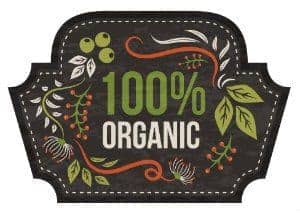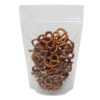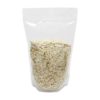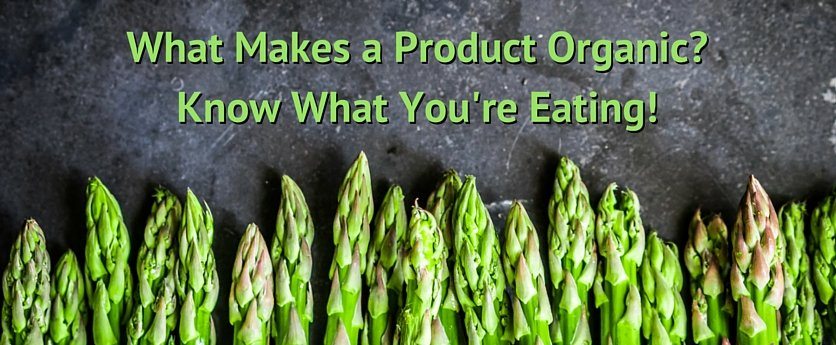Blog
What Makes a Product Organic? Know What You’re Eating!

Production Process
One main difference between organic and non-organic products is the process they go through before being put on the store’s shelves. Organic farmers do not use any manufactured nutrients to benefit the animals or plants they are growing. No hormones or stimulants are used. They rely on completely natural methods of keeping bugs away or letting the vegetables grow. Organic foods are not contaminated with any artificial preservatives or colors.
Price
Prices on organic foods can be higher. This is not always the case, but it is often true. One thing that affects the price of organic food is the fact that the field where the organic food must be produced is not considered organic until the third year of growing food there. The reason for this is that chemicals that were used previously could still be lurking in the soil. In order to ensure the plant is not be affected at all by artificial stimulants, the farmers must continue growing for three years without using anything in order to begin being recognized as organic. Additionally, government subsidies are not given to organic farmers as they are to conventional farmers. An organic farm also requires more labor. Last of all, organic farms are generally smaller. Smaller farms need to ask a larger price to cover the expense of everything. These reasons contribute to a sometimes, but not always, higher price.

Words such as ‘hormone-free’ or ‘all-natural’ are used on some products, but do not be confused and think they mean the same as organic. USDA approved organic products will have a specific USDA label. Additionally, there are three levels of organic.
If your product says ‘100% organic’, it is 100% made from organic products. If you product says ‘organic’, at least 95% of the ingredients are organic. ‘Made with organic ingredients’ means that the product was made with at least 70% organic products. The other 30% must follow strict guidelines, so that while it is not completely organic, it does have some of the same factors. Other products that are less than 70% organic may choose to list any ingredients included that are organic. However, it cannot claim any sort of organic label. Always check for the USDA sealed label to assure its validity.
These three areas are the main ways that organic products differ from conventionally produced products. Generally, organic products are seen as a healthier option and more beneficial to our bodies.





